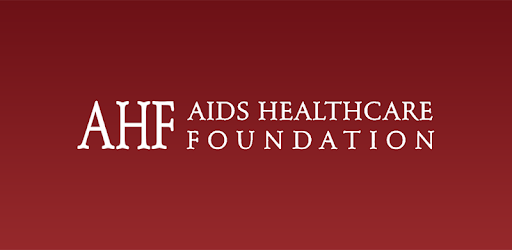By Muhammad Amaan
The AIDS Healthcare Foundation (AHF) has advocated urgent action to increase access to Mpox vaccines and to prioritise public health over profits to ensure health security.
AHF’s Nigeria’s Country Programme Director, Dr Echey Ijezie made the call in a statement on Saturday in Abuja.
He said the recent Mpox outbreak posed a serious health threat in Africa.
Dr Ijezie said that there was the need for urgent global action to address vaccine inequity which had hampered the continent’s ability to respond effectively.
“The Africa Health Founder (Nigeria) is calling on governments, international organisations, and pharmaceutical companies to prioritise public health over profits.
“This is not just about Mpox or Africa, it is about global health security. Inequity anywhere is a threat to health everywhere,” he said.
IJezie raised concerns over the current response to the Mpox outbreak, which he said mirrored the inequalities witnessed during the COVID-19 pandemic.
He, therefore, urged Western countries and Japan to expedite the donation of Mpox vaccines to Africa.
He also called on the World Health Organisation (WHO) to fast-track the approval of other viable vaccine options.
“We started our push for equity during the COVID-19 pandemic, where we saw the devastating impact of vaccine hoarding on African nations.
“Now, we are seeing similar challenges play out with Mpox.
“The foundation is urging WHO and global health bodies to speed up the delivery of Mpox vaccines to Africa but to also ensure that vaccine production technology is shared with the region.
“Patent waivers and technology transfer are critical steps to enable local vaccine production and reduce dependency on Western manufacturers,” he said.
The WHO declared Mpox a global health emergency on 14th August 2024, which spread primarily through skin-to-skin contact, and symptoms included rashes and lesions on the skin.
The News Agency of Nigeria (NAN) reports that Africa’s severe Mpox outbreak, driven primarily by the new clade Ib variant, is particularly deadly for children.
It has impacted at least 13 African countries, with more than 22,800 confirmed cases and more than 620 deaths reported this year.
In Nigeria, the Nigerian Centre for Disease Control and Prevention (NCDC) confirmed about 48 cumulative cases out of the 868 suspected cases recorded as at August.




